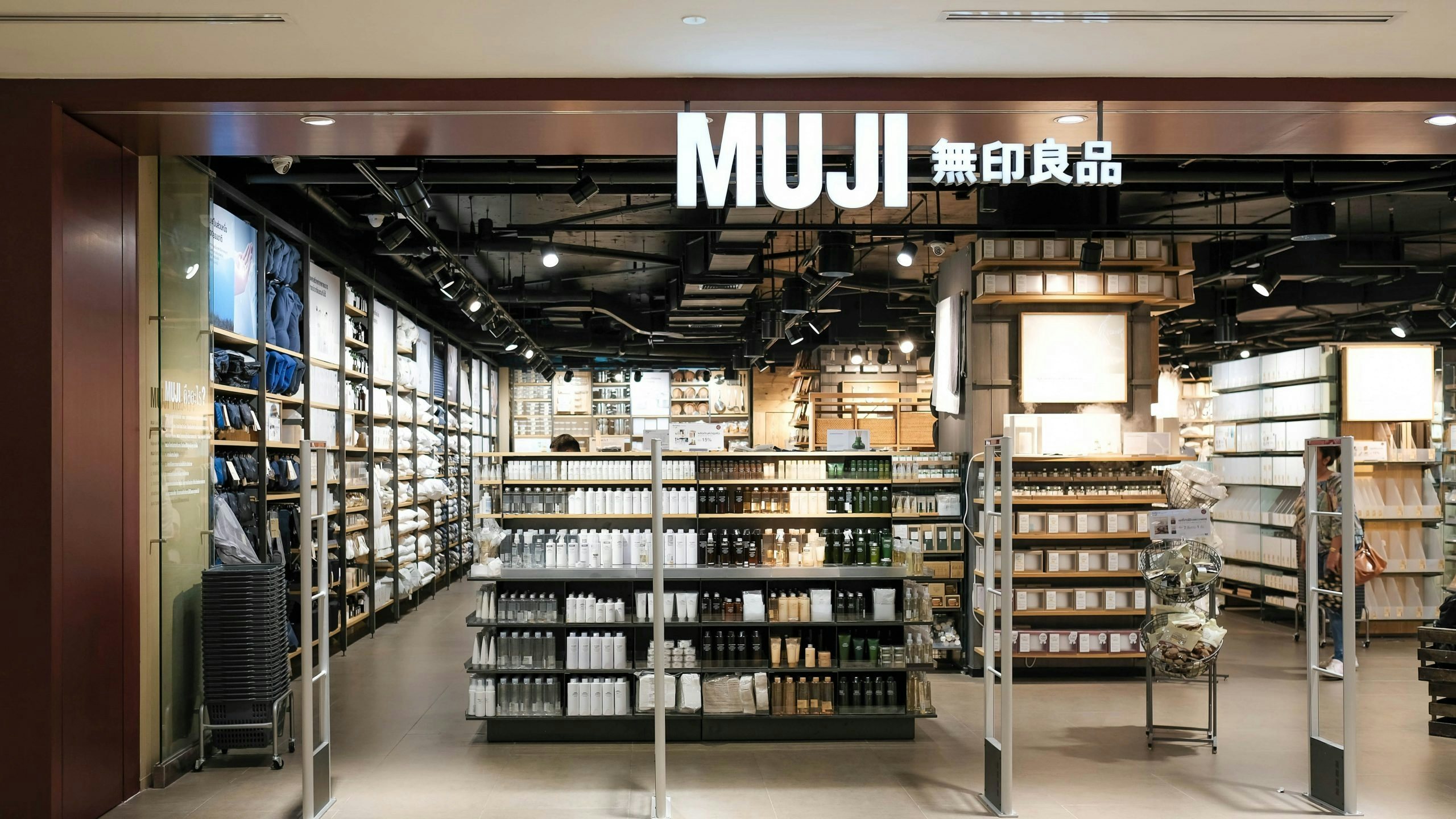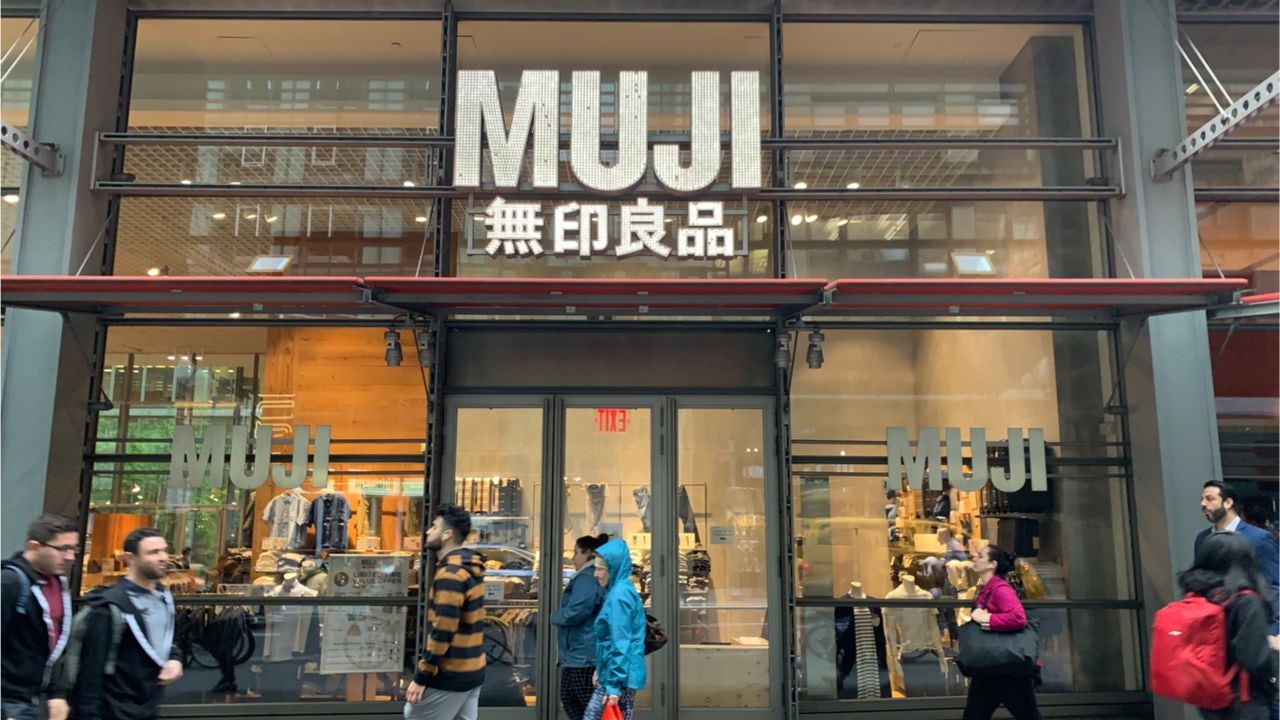What happened
The once-beloved Japanese retailer Muji finds itself unexpectedly trending on Weibo recently. The hashtag #why Chinese people don't like to buy Muji anymore# has 340 million views and growing. Known for its logo-less, minimalist aesthetic, and accessible products ranging from clothing to lifestyle items, the brand entered the domestic market in 2005. But things have not been smooth sailing as of late. Muji group's global operating profit fell by 19.4 percent in the first half of the fiscal year 2022, and net profit fell by 27.5 percent. The same period in China showed same-store sales fell by 6.6 percent year-on-year, mainly due to poor sales of apparel categories.
The Jing Take
This news is certainly not ideal for the Japanese retailer, which has invested heavily in the country. Since June, over 90 percent of Muji’s 240 stores in 61 cities (including Beijing, Shanghai, Shenzhen, and Chengdu) have launched on Meituan, offering delivery of more than 4,000 products to shoppers within 30 minutes. In July 2021, the firm announced plans to up its footprint by opening 50 new outlets annually, starting from the fiscal year ending August 2024.
This comes despite the business suffering negative growth in China since 2018. A “2019 price change review” showed it cut prices for the 11th time in the past five years on the mainland in response to consumer complaints about pricing. Comments under the Weibo hashtag confirm these pain points, with many netizens saying how they only buy when it is “discounted by 50 percent.” On top of this, risk information shows that the establishment has been punished multiple times for selling substandard products; in 2019, it was ordered to pay a Chinese firm 300,000 RMB (which at the time amounted to 89,000) in a trademark appeal. In addition, many of its branches have also been held to account for violating product quality laws and infringing on consumer rights.
But perhaps most pointedly, shoppers are tired of its repetitious offerings. In the beginning “the idea of a logoless brand was very fresh,” according to Weibo user @拆台CT. By now, its merchandise is wearing thin: as @it'smyearring wrote, “there is no new product, always the same style so they don't attract people to buy… the label is easily substituted.”
These are just some of the reasons why locals are fed up with Muji. But it’s not only this company that needs to brace for impact. Tastes in China are changing. The impact of the ongoing pandemic shows that consumers are tightening their purse strings. And homegrown names are only getting stronger, while their international counterparts have lost out on brand recognition and convenience. All of the above should put luxury on its toes.
The Jing Take reports on a piece of the leading news and presents our editorial team’s analysis of the key implications for the luxury industry. In the recurring column, we analyze everything from product drops and mergers to heated debate sprouting on Chinese social media.

